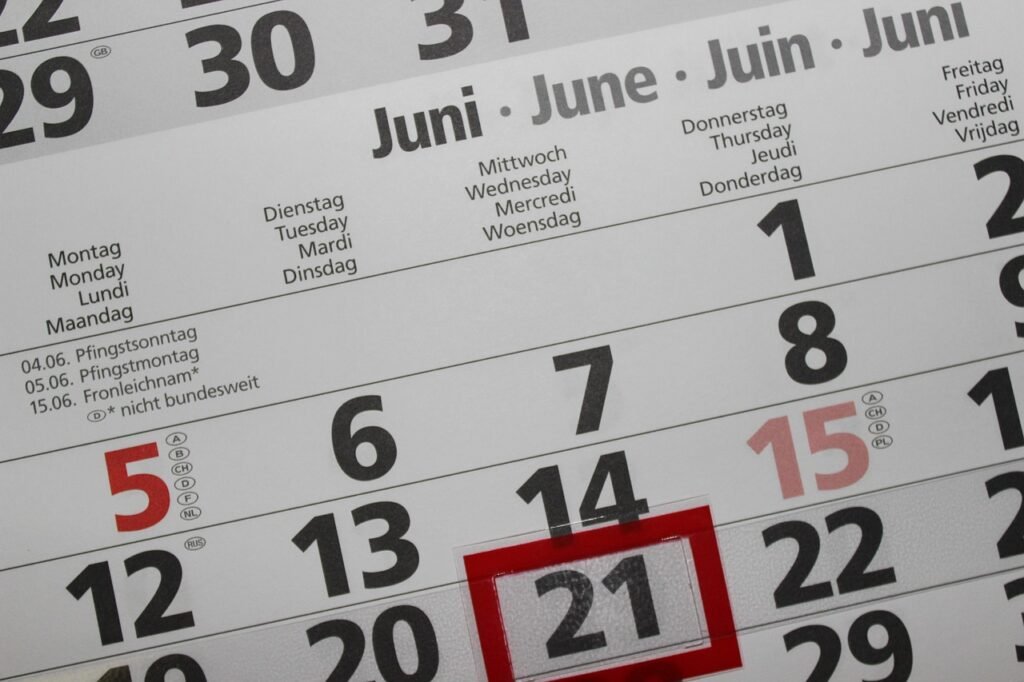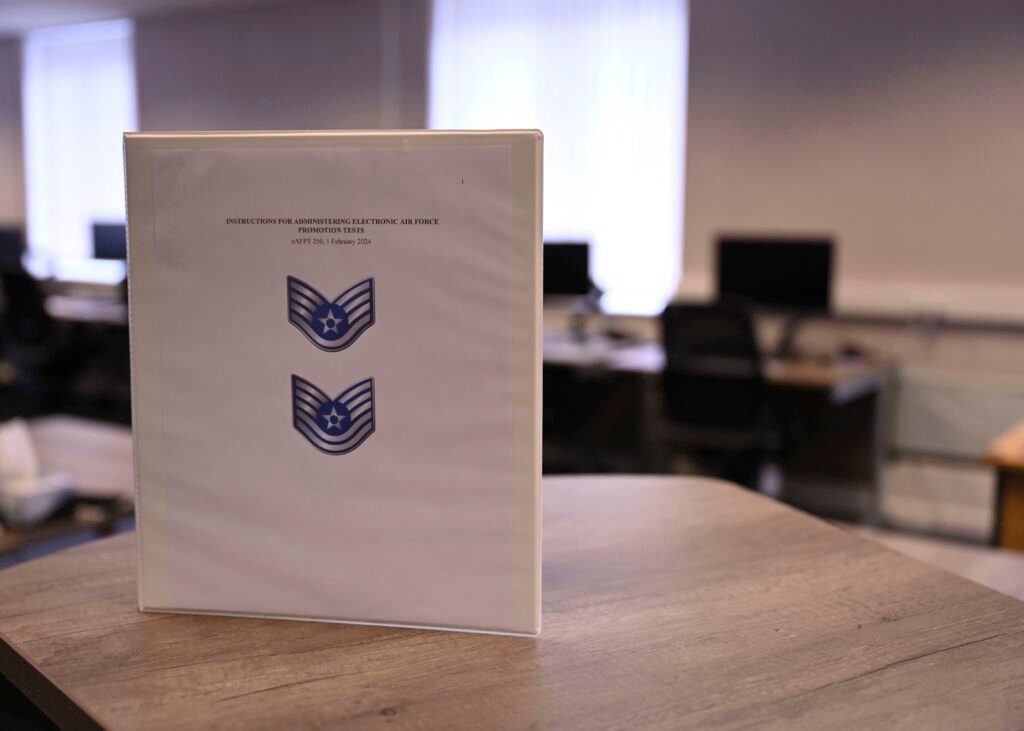Earning your next stripe in the U.S. Air Force—whether you’re testing for Staff Sergeant (SSgt) or Technical Sergeant (TSgt)—means you’ll have to conquer the Weighted Airman Promotion System (WAPS) test. Consisting of the Promotion Fitness Examination (PFE) and the Specialty Knowledge Test (SKT), the WAPS test evaluates your knowledge of Air Force history, customs, policies, regulations, and job-specific tasks.
In this updated guide, we’re combining official Air Force resources, commercial study tools, and community-driven advice to help you build a rock-solid study plan. Let’s get started!
1. Understand the WAPS Components

Your WAPS test comprises two main sections:
- Promotion Fitness Examination (PFE)
- Covers Air Force history, organization, leadership principles, customs, courtesies, regulations, and more.
- Specialty Knowledge Test (SKT)
- Focused on your specific Air Force Specialty Code (AFSC).
- Emphasizes job-relevant tasks, procedures, and technical know-how.
Keep in mind, your total WAPS score also accounts for Enlisted Performance Reports (EPRs), decorations, and time in service/time in grade. But your PFE and SKT prep will be the bulk of your study focus.
2. Set a Realistic Study Schedule

A consistent, well-structured schedule helps avoid last-minute cramming:
- Map Out Your Timeline
- Determine how many months or weeks remain before your test date.
- Divide Study Topics
- Split material into manageable chunks (e.g., “10 pages of CDCs daily and 10 pages of PFE/AFH 1 content”).
- Use Milestones
- Set weekly or biweekly goals (completing a chapter, finishing a set of flashcards, etc.).
3. Use Official and Unofficial Study References

Official Source
- Air Force Study Guide Website
- Your primary source for updated PFE material and the Airman Handbook (AFH 1).
- Air Force Handbook Audio Files
- Visit Study Guide website.
- WAPS Catalog ( Formerly EPRRC)
- The WAPS Catalog lists which Career Development Courses (CDCs) are testable for your specific AFSC.
- Visit WAPS Catalog
- Look under Promotion Resources.
- CDCs
- Critical for the SKT portion; includes job-specific tasks, procedures, and key concepts.
Unofficial/Commercial Resources
- McMillan Study Guides
- Offers practice questions, flashcards, and thorough breakdowns of PFE and CDC topics.
- Paid Apps/ Web Platforms
- These will provide condensed highlights, quizzes, and flashcards for on-the-go studying.
- PDG PROmote
- FreePDG
- These will provide condensed highlights, quizzes, and flashcards for on-the-go studying.
4. Adopt a Multi-Pass Study Method

A popular approach involves multiple readings and layered learning:
- First Read (No Highlighting)
- Familiarize yourself with the entire PFE/AFH 1 and/or CDCs. Simply read cover to cover.
- Second Read (Highlight Key Points)
- Go back through the text, this time highlighting or underlining crucial details.
- Focus on Highlights
- Review only what you’ve marked, reinforcing the most critical information.
- Convert Highlights to Flashcards
- Build flashcards based on your notes (physical or digital).
- Revisit & Refine
- Go through your flashcards, re-read difficult sections, and fine-tune your understanding.
5. Create and Use Flashcards
Flashcards are an effective way to reinforce memorization:
- Apps like Anki or Quizlet
- Build digital decks you can review anywhere.
- Use spaced repetition features to target your weak areas.
- Physical Flashcards
- Some Airmen prefer writing notes by hand to aid retention.
6. Practice With Mock Exams
Simulating test conditions is one of the best ways to boost your readiness:
- Timed Practice Tests
- Get comfortable with exam pacing and question formats.
- Review Mistakes
- Turn incorrect answers into new flashcards, or revisit that CDC section.
- Iterate
- Continue practicing until you notice consistent improvements.
7. Tips From Fellow Airmen
Airmen who’ve been there have valuable insights:
- Slow & Steady
- Read 10 pages a day from both your PFE handbook and your CDCs. “Don’t rush it; absorb the info.”
- Take Leave Before the Test
- If possible, dedicate a week or two to focused review.
- Invest in Yourself
- Even if paid study tools feel expensive, a promotion can quickly offset the cost.
- Know Your Job
- If you’re confident in daily tasks, you’ll likely excel on the SKT.
- Cramming vs. Consistency
- Daily habits and multiple passes lead to deeper retention.
- Confidence Matters
- Some people score well with minimal studying, but you’ll improve your odds (and lower stress) by preparing thoroughly.
8. Maintain Physical and Mental Well-Being
Don’t neglect self-care—it directly impacts your cognitive performance:
- Get Adequate Sleep
- 7–8 hours nightly keeps your mind sharp.
- Eat Nutritious Foods
- Balanced meals fuel your brain for better focus.
- Exercise Regularly
- Physical activity reduces stress and improves mental clarity.
Schedule short breaks to avoid burnout. A well-rested and energized mind will retain more information.
10. Final Thoughts
Studying for the WAPS test—both PFE and SKT—doesn’t have to be an overwhelming task. By following a multi-pass study strategy, using official and commercial resources, creating flashcards, and leaning on the experiences of fellow Airmen, you’ll greatly increase your chances of pinning on that next stripe.
Remember: Every day you invest in studying is a step closer to reaching your promotion goals. Good luck. Aim high!
Contact Us
If you wish to reach out to us, whether it’s to submit a new tool or simply to say hello, kindly utilize the form provided below.



